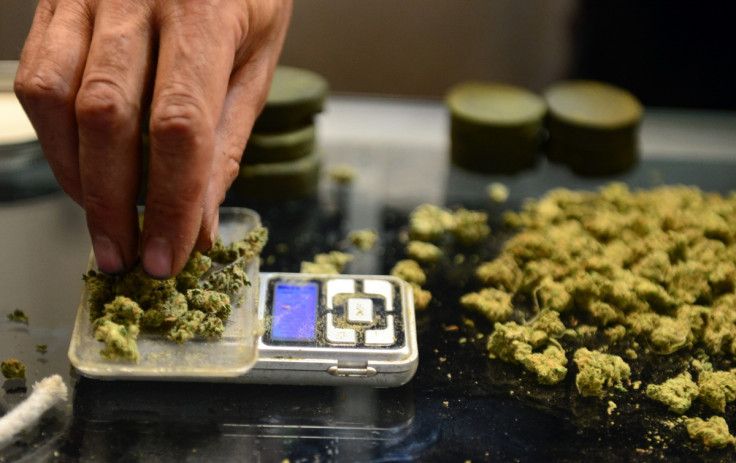Free Medical Marijuana: Berkeley Votes 'Yes' to Provide Cannabis to Low-Income and Homeless Patients

A California college town has voted unanimously to provide a small amount of free medical marijuana to low-income and homeless patients.
Berkeley city council has instructed local dispensaries to give away cannabis equal to 2% of their sales to patients "who are in need".
"It's an equity issue," Council member Darryl Moore told Reuters. "We want to ensure that those who are in need have access to the medication necessary to treat their condition."
The law will take effect from next month, which states that the marijuana given away for free must be of the same quality as that provided to paying customers.
The rule defines low income as medical marijuana patients who make at most half the area's median annual income, or $32,000 or less for an individual (£18,600) or $46,000 for a family of four (£26,859).
According to the council, the move will allow equal access to medical marijuana for patients with debilitating ailments who financially insecure, to help curb medical costs while allowing continued treatment.
Medical marijuana is used to help patients with cancer, HIV, Lou Gehrig's disease, Parkinson's, epilepsy, among others.
Council members also voted to amend its medical marijuana law to increase the number of cannabis dispensaries to four from three, which may be upped to six next year.
Medicinal pot is a significant industry in Berkeley where the dispensaries paid nearly $640,000 (£373,700) in city taxes last fiscal year, according to official records.
"Basically, the city council wants to make sure that low-income, homeless, indigent folks have access to their medical marijuana, their medicine," Moore told CBS Local. "We think this is the responsible thing to do for those less fortunate in our community."
"It's sort of a cruel thing that when you are really ill and you do have a serious illness... It can be hard to work, it can be hard to maintain a job and when that happens, your finances suffer and then you can't buy the medicine you need," Sean Luce, of the Berkeley Patients Group, told The Week.
Earlier this week, New York became the 23rd state to legalise medical marijuana, although its law is one of the most restrictive in the country.
Under the new legislation, doctors can prescribe marijuana in non-smokable forms, including pills, oils and vapors, for seriously ill or injured patients.
"New York State has a proud history of being in the forefront of many advances in medicine," governor Andrew Cuomo said, as reported by Sky News.
"We are here to help people and if there's a medical advancement, we want to help bring it to New Yorkers. This legislation gets us the best medical marijuana has to offer, in the most protective, controlled way possible," added Cuomo, who once opposed medical cannabis.
© Copyright IBTimes 2025. All rights reserved.




















